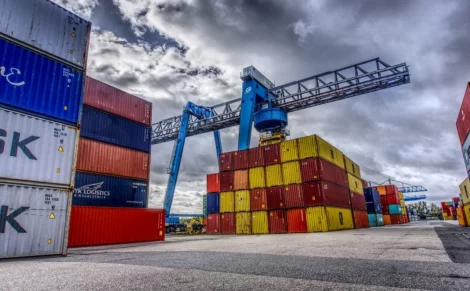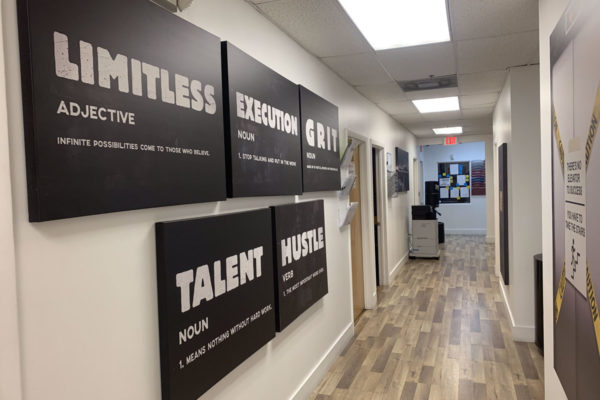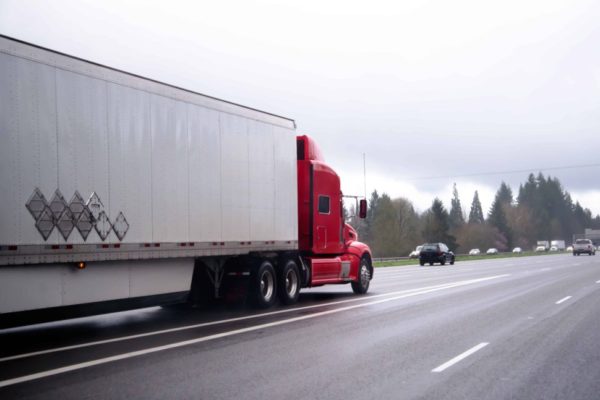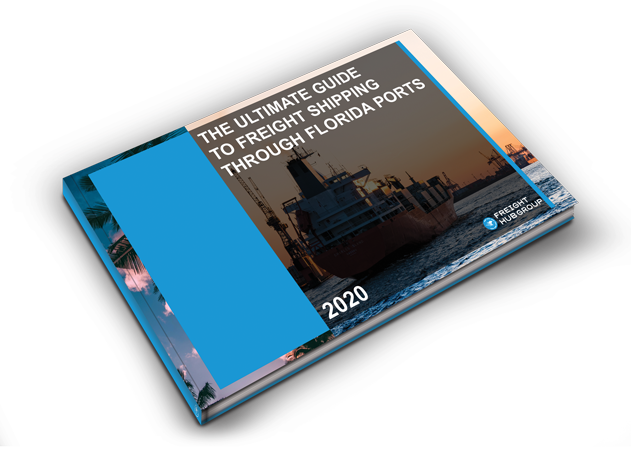
FTL Freight and LTL Trucking offer a wide variety of services that are beneficial to business owners and consumers.
This blog is all about FTL and LTL Freight Shipping. If you are looking for information on this topic, you have come to the right place. We will be discussing everything related to freight and trucking, including tips on how to choose the right shipping company, how it is cost savings on your shipments, and more.
What Is LTL In Trucking?
LTL (less-than-truckload) trucking is a specialized supply chains form of freight transportation that uses smaller Nationwide Transportation trucks to move goods between two points. LTL trucking is typically used for products that are too small or delicate to transport by standard truckload shipping.
Less-than-truckload shipping is a method of transporting bulk items. LTL offers a number of benefits over other methods of transportation, including lower rates and less time spent on the road. The concept of LTL is simple: it involves renting smaller trucks that are more maneuverable than larger ones that are typically used in interstate trucking. The smaller trucks can be more easily maneuvered through cities and towns with tight spaces, while the larger trucks cannot.
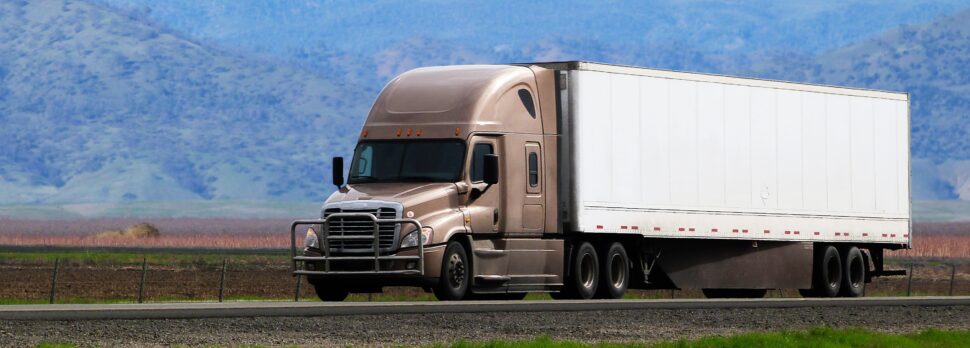
What Is FTL in Trucking?
Full truckload (FTL) shipping is a common method of shipping large shipments that require taking up the entire truck. FTL shipping is commonly used for large shipments that require taking up the entire truck, such as furniture or construction materials. This type of shipping can be more expensive than other methods, but it is often necessary when dealing with larger items.
Full truck load freight also offers a number of other benefits that are worth considering:
- Increased Efficiency: Full shipments is much more efficient than traditional methods like container shipping or rail transportation. This is because it allows for more cargo to be transported in a smaller space, which saves on both transit time and money.
- Reduced Environmental Impact: Full truckload freight does not require as many resources as other forms of freight, meaning it has a lower environmental impact overall.
- Increased Security: With full truckload freight, your goods are highly secure thanks to the fact that they are fully enclosed within the vehicle itself. This means there is no chance of theft or damage happening during transit – something that can be extremely costly for businesses!
- Reduced Waiting Times: Because full truckload freight takes longer to transport goods than traditional methods, there’s usually less waiting time involved – making it ideal for busy businesses with high demand levels!
What Is the Difference Between LTL And FTL Freight?
The primary difference between LTL and FTL is the minimum size requirement and weight of the shipment. While both types of freight shipping may be used for smaller shipments, they have very different implications when it comes to cost, efficiency, and overall customer experience.
LTL Freight Shipping
The term “less than truckload” refers to a shipment which is less than the maximum size allowed by federal regulation for interstate commerce. The typical LTL shipment is typically ranging from 100 to 5,000 pounds. This type of shipping is commonly used for smaller items such as books, electronics, or other small items that would not be cost efficient to ship via full truckload freight rates.
FTL Freight Shipping
FTL shipments fill most to all of an entire truck and tend to be much larger, often weighing 20,000 pounds or more. In contrast, lighter loads such as 20-40 feet and less are usually shipped by less expensive carrier services such as LTL (less than truckload) which only fills the trailer with a loaded and unloaded portion.
All of these various sizes and types of freight have different handling requirements and costs based on their weight and volume. For example, a heavy package that’s filled with several smaller boxes can make it much cheaper to ship than one that’s just one large box.
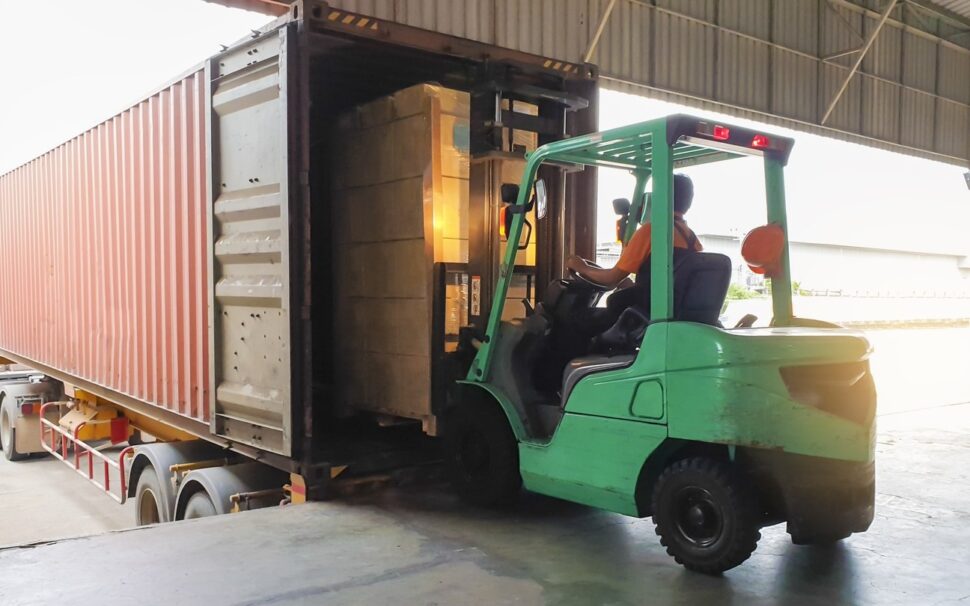
LTL and FTL Services
Businesses that need the services of a freight carrier have many options for transportation of their goods. If you are also looking for 3pl warehouse near me then there are two popular shipping method for transportation are LTL shipping (less than truckload) and FTL (full truckload).
- LTL Services are small loads that can be transported in smaller trucks than full truckloads. For example, if a business owner needs to ship 50 pallets of goods from Los Angeles to New York City, he might choose to use an LTL carrier because it would only require a few trucks and save him money on fuel costs.
- Full Services are large loads that require larger trucks with more capacity. These types of shipments are commonly referred to as “ocean freight,” since they can be shipped by ocean carriers across the world. Full truckloads can take up to a week or longer depending on location, temperature, and other factors.


